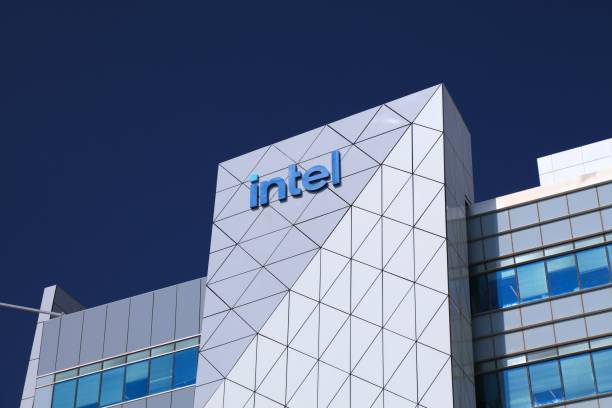Intel poised for largest decline in 24 years as turnaround challenges deepen


- Intel faced a significant selloff potentially erasing $25 billion in market value, its worst since 2000, after suspending dividends and cutting workforce to revamp its chip business.
- Bernstein analyst Stacy Rasgon expressed concerns about Intel's future, although the company could bolster its cash reserves by $40 billion by 2025 through strategic moves and partnerships.
- The market reaction extended to other chipmakers with shares of Arm, Micron Technology, GlobalFoundries, TSMC, and Nvidia dropping alongside Intel.
Intel, a former leader in the chip industry, faced a substantial market downturn, potentially losing nearly $25 billion in stock market value, marking its worst selloff since 2000. The company's decision to halt dividends and implement workforce reductions to drive a costly turnaround in its chip-making division triggered a premarket stock drop of almost 21%. This move raised concerns about Intel's competitiveness against industry peers like TSMC and led to a broader decline in other chipmakers' shares, including Nvidia, Arm, Micron Technology, and GlobalFoundries.
The market's reaction underscores the challenges Intel faces in regaining its position in the chip market, especially in the wake of the growing dominance of competitors like Nvidia and AMD. Despite Intel's ambitious plans to enhance its manufacturing capabilities through substantial investments, analysts remain cautious about the company's ability to swiftly adapt to industry dynamics and improve its profitability. The recent market response and analyst downgrades have put pressure on Intel's stock price, signaling a turbulent period ahead for the once-dominant chip giant.






